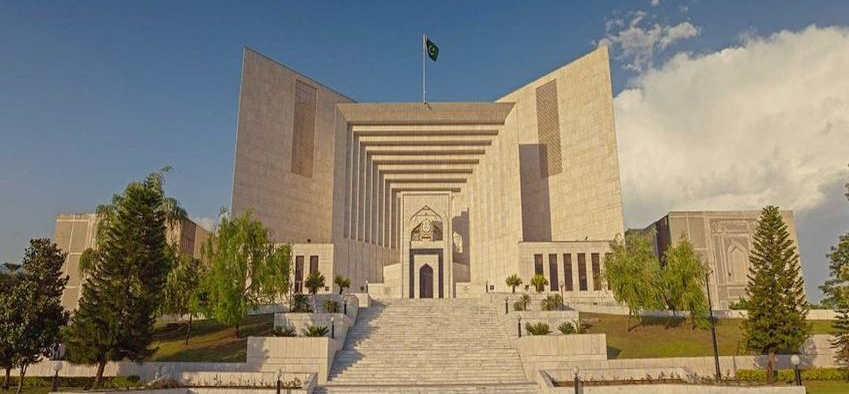The Practice of Compelling the Defendant to Testify as Summoned Witness is Objectionable and Contrary to the Principles of a Fair Trial --- Supreme Court of Pakistan
Islamabad 20-09-2024: In a significant ruling, the Supreme Court of Pakistan has upheld the decisions of the lower Courts, reinforcing the long-standing legal principle that a party cannot compel the opposing party to testify as a witness on their behalf. The Apex Court dismissed a petition filed under Article 185(3) of the Constitution in [CPLA No. 47 of 2024], concluding that no legal infirmity was found in the rulings of the Trial Court, Appellate Court, and Revision Court.
The case originated from a suit for declaration and injunction filed by the petitioners, where they sought to summon Mst. Saima Saeed, the first defendant, as a witness. This request was rejected by all three lower Courts, leading the petitioners to approach the Supreme Court of Pakistan.
The Supreme Court of Pakistan, led by a bench comprising Mr. Justice Yahya Afridi, Mr. Justice Shahid Waheed, and Mr. Justice Aqeel Ahmed Abbasi, dismissed the petition, citing that the petitioners’ request was “highly objectionable”. The Court, relying on Privy Council precedents, including the landmark cases of Kishori Lal Vs. Chunni Lal (31 All. 116) and Mahunt Shatrugan Das Vs. Bawa Sham Das (AIR 1938 PC 59), ruled that compelling a defendant to testify on behalf of the plaintiff hinders the judicial process and obstructs a fair trial.
The Supreme Court of Pakistan referenced important precedents from the Privy Council to support its decision:
- Kishori Lal Vs. Chunni Lal (31 All. 116): The Court reaffirmed that the practice of calling the opposing party as a witness could “embarrass judicial investigation” and should be avoided.
- Mahunt Shatrugan Das Vs. Bawa Sham Das (AIR 1938 PC 59): The Court emphasized that compelling a defendant to appear as a witness is condemnable and interferes with fair trial proceedings.
The Court also highlighted that if a defendant refuses to testify without sufficient cause, the Court is entitled to draw an adverse inference, interpreting the refusal as “suppression or withholding of evidence”. However, the Court made it clear that forcing a defendant to testify through a witness summons is improper and would place the examination and cross-examination process in inappropriate hands.
In its order, the Supreme Court of Pakistan found no fault in the decisions of the lower Courts and upheld their rulings. The petition was dismissed, and leave to appeal was refused. The Court concluded that the practice of compelling an opponent to testify is “objectionable” and contrary to the principles of a fair trial.
This ruling reiterates the Supreme Court of Pakistan commitment to maintaining procedural fairness in civil proceedings and clarifies that a party’s opponent cannot be compelled to serve as a witness in their case.
Powered by Froala Editor








